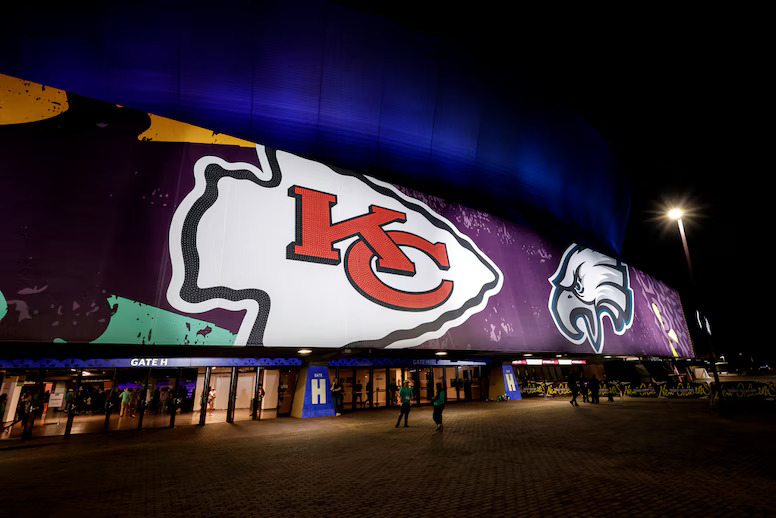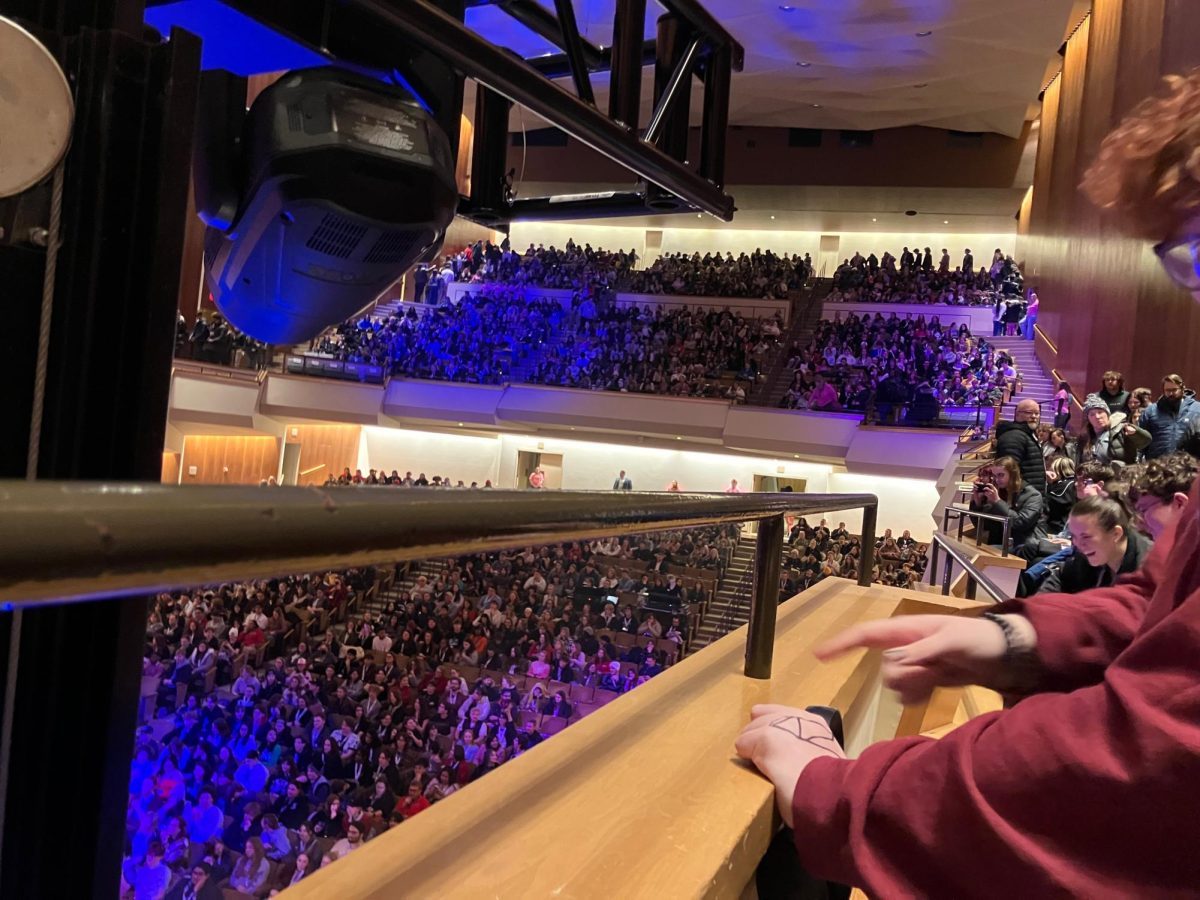The Oakland Athletics’ impending relocation from Oakland, CA to Las Vegas, NV has stirred up a whirlwind of emotions among baseball fans and sports enthusiasts alike. While the allure of Sin City includes increased revenues and a fresh start, this decision ultimately undermines the rich history of the Athletics and betrays the loyal fanbase that has supported the team through thick and thin.
It raises serious questions about the priorities of ownership in Major League Baseball, prioritizing profit over the deep-rooted connections between teams and their respective communities.
Oakland has long been an underappreciated gem in the landscape of American sports. It’s a city with a rich baseball tradition, home to the A’s since their move from Philadelphia, PA, in 1955. The franchise has seen its share of glory, including three consecutive World Series titles in the 1970s and the famed “Moneyball” era that transformed the very way teams approached analytics.
Yet, despite this storied past, the A’s have struggled to find a sustainable model for success in recent years, partly due to inadequate support from ownership.
The decision to abandon Oakland feels like less of a strategic move for success and more like a cash grab. By shifting to Las Vegas, the A’s owner, John Fisher, seems to prioritize short-term financial gains over the emotional and cultural significance of the team’s long-standing relationship with its fanbase.
This relocation is not just about moving to a new city; it’s a severing of ties with a community that has stood by the A’s through lean years and disappointing seasons.
For die-hard A’s fans, this move is a gut punch. Many have devoted decades to supporting the team, showing up at the Oakland-Alameda County Coliseum to cheer through heartbreak and triumph alike. They’ve built a community around their love for the team—a community that now faces erasure.
The emotional investment these fans have made is nothing short of immeasurable, and to have that sense of loyalty thrown away in favor of a more lucrative market is a deep, bruising betrayal.
The A’s were more than just a baseball team; they were a symbol of pride for a city that has long fought against stereotypes and economic challenges. Losing the A’s not only diminishes the local sports scene but also signifies a loss of identity for a city that has embraced its teams through thick and thin.
The Oakland Athletics’ move is emblematic of a troubling trend in professional sports: the increasing commodification of teams and the disregard for the communities that support them.
If teams prioritize profit over loyalty and heritage, we risk turning America’s pastime into a mere business venture devoid of passion and tradition. Baseball, at its core, is a community sport, built on generations of fans who find joy and connection to the game.
This trend could set a dangerous precedent for other franchises that are faced with similar opportunities to move elsewhere that may benefit them economically.
What happens when owners decide that the grass is greener elsewhere? Will we see a future where teams are perpetually relocating in search of more profitable markets, leaving behind communities that have nurtured them?
The A’s move could usher in an era where financial motivations overshadow the very spirit of both sportsmanship and community engagement.
While the Oakland Athletics chase the bright lights of Las Vegas, they risk losing sight of the heart of baseball itself. This decision represents not just a physical relocation but a disheartening shift in the values that have historically defined sports.
For the born-and-raised fans of Oakland, the loss is immeasurable. A team that once represented their hopes, dreams, and resilience is now placing the motto “improve profit” above people on their to-do list.
Baseball fans and sports fans who are all witnessing this must stand against this trend and advocate for the preservation of the beloved sport’s traditions and community ties.
The future of baseball deserves more than just a bottom line—it deserves a soul.













